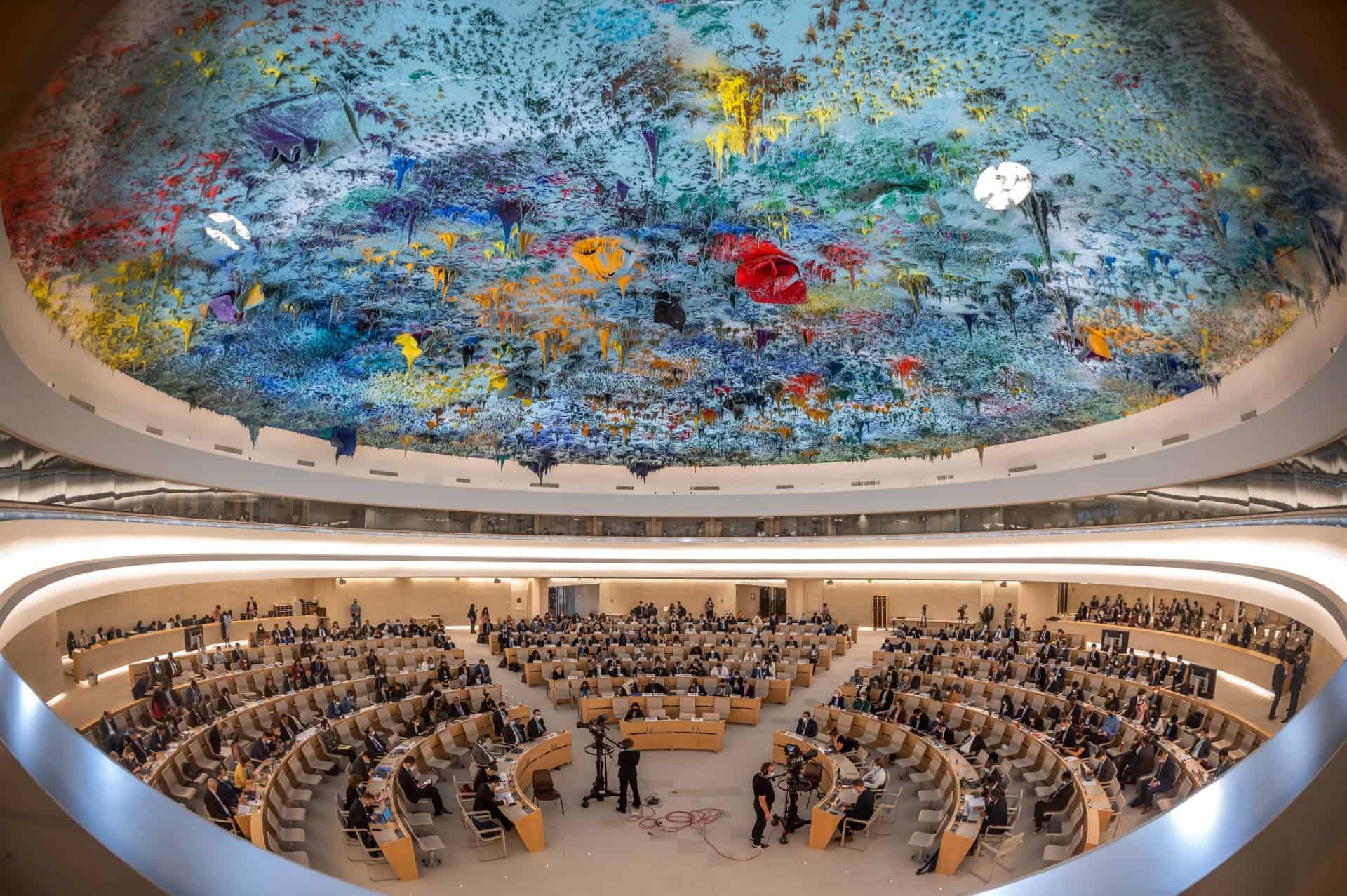GENEVA, SWITZERLAND – The UN urged EU countries on Monday to continue battling climate change and not resort to more fossil fuels in their response to soaring energy prices and fears of winter shortages.
Russia has reduced supplies of gas to Europe since its invasion of Ukraine, sending prices for the fuel soaring.
“There is no room for backtracking in the face of the ongoing climate crisis,” deputy UN rights chief Nada Al Nashif told the United Nations Human Rights Council.
She pointed to the devastating floods affecting over 33 million people in Pakistan as an example of what happens when the world fails to act on climate change.
“How many more tragedies of this sort do we need before the urgency of the moment jolts us into action?” she asked.
Speaking at the opening of the council’s 51st session in Geneva, Al Nashif acknowledged that the soaring energy prices in Europe “threaten to impact the most vulnerable as winter approaches”.
Moscow’s invasion of Ukraine has seen the price of natural gas hit record levels, throwing the European Union economy into deep uncertainty.
All eyes are now on whether Russian President Vladimir Putin will cut off the energy flow entirely.
Last week Russia caused a major scare when it halted gas deliveries to Germany via the key Nord Stream pipeline for an indefinite period, a move the Kremlin blamed on Western sanctions.
Before the war, 40 percent of the EU’s gas imports came from Russia. Now Germany and others are scrambling to come up with new ways to heat homes and power factories.
Al Nashif, who is currently serving as acting High Commissioner for Human Rights until new chief Volker Turk replaces Michelle Bachelet, pointed out that “some EU member states are turning to investments in fossil fuels infrastructure and supplies”.
“While that impulse is understandable, I urge the EU and its member states to consider the long-term consequences of locking in more fossil fuel infrastructure,” she said.
“It is essential to accelerate the development of energy efficiency projects and renewables.”
Al Nashif urged all countries “to seek an ambitious outcome” at the next UN climate conference in Egypt in November.
They should seek to “address loss and damage and meet and increase climate finance commitments”, she said.
On August 30, leading Earth systems scientist Johan Rockstrom said the cost-of-living crisis pushing millions of Europeans towards poverty was driven by fossil fuels.
“This is fossil fuel-driven, supply-driven inflation,” the director of the Potsdam Institute for Climate Impact Research told AFP.
“We’ve been saying since 1990 that we need to phase out the fossil fuel-driven economy towards a renewable-driven economy. And now here we are — we’re now hitting the wall.”

